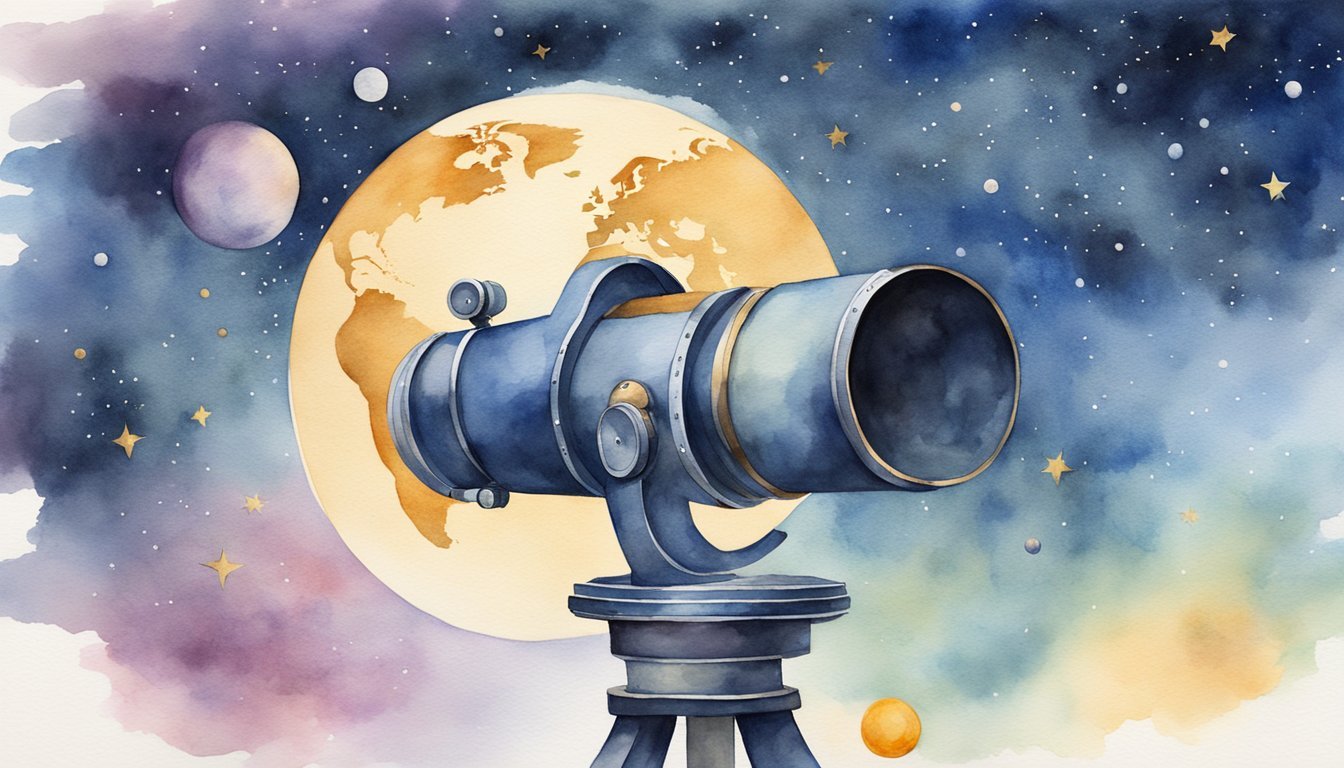Exploring Our World and Beyond

The Wonders of Space
The vastness of the universe has always provided an endless source of fascination for us. Documentaries that explore space have been captivating audiences with their beautiful imagery and mind-blowing facts. One such documentary, PBS NOVA’s series on mind-blowing space documentaries, follows the groundbreaking discoveries made by the James Webb Space Telescope. The telescope has taken our understanding of galaxies and the solar system to an entirely new level.
Another remarkable documentary is Fight for Space, which provides an exciting retrospective on the history of NASA, including the famous moon landing.
The Mysteries of Earth’s Ecosystems
Exploring the magnificent ecosystems of Earth can be just as enthralling as space documentaries. BBC’s classic documentary series, Planet Earth, narrated by Sir David Attenborough, takes viewers on a breathtaking journey across various landscapes, shining light on the diverse habitats that exist on our planet.
Netflix’s Our Planet is another exceptional documentary series that showcases Earth’s ecosystems in 50 countries. Each episode focuses on a different habitat, from deserts and grasslands to jungles and ice worlds, providing a comprehensive understanding of our planet’s natural wonders.
The Enigma of Ocean Depths
The ocean depths are home to some of the most mysterious and captivating creatures on Earth. Documentaries such as the Blue Planet II series by BBC offer an unprecedented insight into the underwater worlds of our planet. This series, also narrated by Sir David Attenborough, captures stunning footage of marine life, revealing unknown aspects of the oceans.
Two more documentaries that delve into marine life are Chasing Coral and Chasing Ice, which highlight the impacts of climate change on our oceans’ ecosystems. These films showcase the power of photography and storytelling in bringing much-needed attention to these critical environmental issues.
In summary, science documentaries continue to inspire curiosity and wonder about our world and the cosmos. With platforms like Netflix, BBC, and PBS constantly producing content on space, Earth’s ecosystems, and the enigmatic ocean depths, educational entertainment has never been more captivating.
Humanity’s Footprint: Stories of Change and Conservation

Innovations in Science and Technology
In recent years, numerous documentaries have explored the role of science, technology, and engineering in understanding and tackling global issues. For instance, some documentaries delve into the potential impact of AI and other cutting-edge technologies on our ecosystems.
Films like The Ivory Game and Blackfish explore conservation, wildlife protection, and reveal lesser-known aspects of human-wildlife interactions. The Ivory Game unearths the dark side of the ivory trade, while Blackfish examines the mistreatment of orca whales like Tilikum in captivity.
Climate Change and its Global Impact
Climate change is one of the most pressing issues facing the world today, and it has been a popular subject in documentaries. Films such as Chasing Coral and The Age of Consequences shed light on the impact of climate change on marine ecosystems, Arctic regions, and geopolitical stability.
Across the globe, from the UK to South Africa, these stories of climate change resonate, using the medium of documentaries to inform and educate viewers. My Octopus Teacher, for example, tells the story of Craig Foster’s relationship with a wild octopus in South Africa, highlighting the importance of protecting underwater ecosystems.
The Intersection of Art and Science Documentaries
Art and science often intersect in documentaries. Acclaimed filmmaker Jeff Orlowski’s work demonstrates how captivating cinematography can bring critical scientific issues alive for a general audience. Both of his documentaries, Chasing Ice and Chasing Coral, beautifully capture the fragility of Arctic glaciers and coral reefs, while delivering important messages about the state of the planet.
Other films, such as the groundbreaking BBC series Planet Earth, illustrate the powerful effect of combining stunning visuals with impactful storytelling and cutting-edge technology to reveal compelling stories about humans, wildlife, and the Earth itself.
Through the power of art and creativity, these science documentaries allow viewers to immerse themselves in the wonders and challenges that face our world, fostering greater understanding and appreciation for the extraordinary ecosystems and the diverse lives that inhabit our planet.

